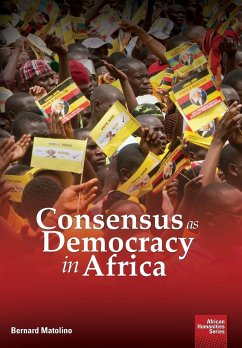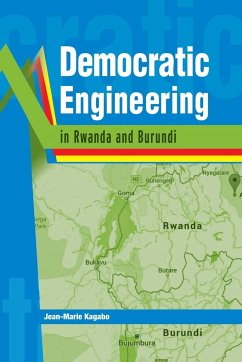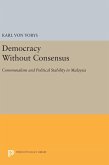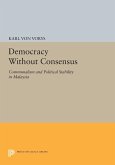Some philosophers on the African continent and beyond are convinced that consensus, as a polity, represents the best chance for Africa to fully democratise. In Consensus as Democracy in Africa, Bernard Matolino challenges the basic assumptions built into consensus as a social and political theory. Central to his challenge to the claimed viability of consensus as a democratic system are three major questions: Is consensus genuinely superior to its majoritarian counterpart? Is consensus itself truly a democratic system? Is consensus sufficiently different from the one-party system? In taking up these issues and others closely associated with them, Matolino shows that consensus as a system of democracy encounters several challenges that make its viability highly doubtful. Matolino then attempts a combination of an understanding of an authentic mode of democracy with African reality to work out what a more desirable polity would be for the continent.
Hinweis: Dieser Artikel kann nur an eine deutsche Lieferadresse ausgeliefert werden.
Hinweis: Dieser Artikel kann nur an eine deutsche Lieferadresse ausgeliefert werden.








